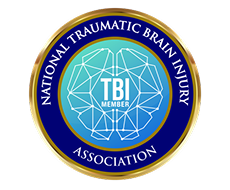Cognitive Training With Artificial Intelligence
Cognitive training with artificial intelligence (AI) is an exciting and innovative approach to treating traumatic brain injury (TBI), offering potential for enhancing recovery in patients who suffer from cognitive impairments following brain trauma. TBI can lead to a range of difficulties, including memory loss, attention problems and impaired decision-making, all of which can severely affect a person’s quality of life. While traditional rehabilitation methods focus on physical and occupational therapy, AI-driven cognitive training aims to specifically target and improve brain functions through personalized, technology-based interventions.
AI-powered cognitive training systems use sophisticated algorithms to assess an individual’s cognitive abilities and design tailored exercises to address specific deficits. These systems can adapt in real time to the user’s performance, increasing the difficulty of tasks as improvements are made or providing more support if progress is slow. By doing so, AI can create a highly personalized training experience that is more dynamic and engaging than traditional methods. This adaptability makes AI a promising tool for helping TBI patients recover cognitive functions more efficiently.
For individuals recovering from TBI, cognitive training may involve exercises that challenge memory, attention, problem-solving and executive function. For example, virtual reality (VR) programs powered by AI can immerse patients in controlled environments where they practice tasks such as navigating spaces, recalling information or managing emotions. Additionally, AI systems can track progress over time, providing detailed feedback to clinicians and patients. This data helps adjust therapy programs, ensuring that the exercises remain relevant and continue to challenge the brain.
The integration of AI with cognitive training can also offer real-time monitoring, allowing clinicians to detect early signs of cognitive decline or recovery. AI can analyze vast amounts of data from brain activity, neuroimaging and behavioral patterns, helping to identify subtle changes that may not be immediately apparent through conventional methods.
While AI-based cognitive training offers many potential benefits, challenges remain, particularly in terms of accessibility, cost and ensuring that these technologies are used in conjunction with traditional rehabilitation methods. However, as AI continues to evolve and become more integrated into health care, it holds promise for revolutionizing TBI treatment, providing more effective and personalized rehabilitation solutions to enhance cognitive recovery and improve the overall well-being of TBI patients.
Contribute to the TBI Times





